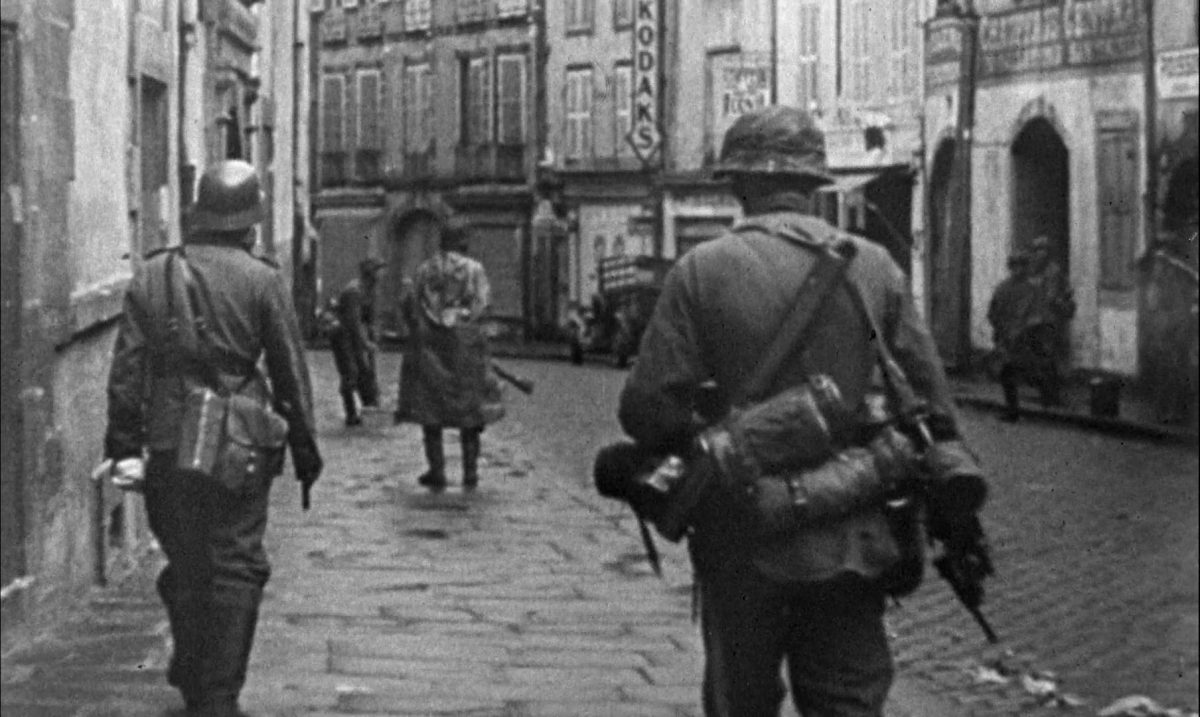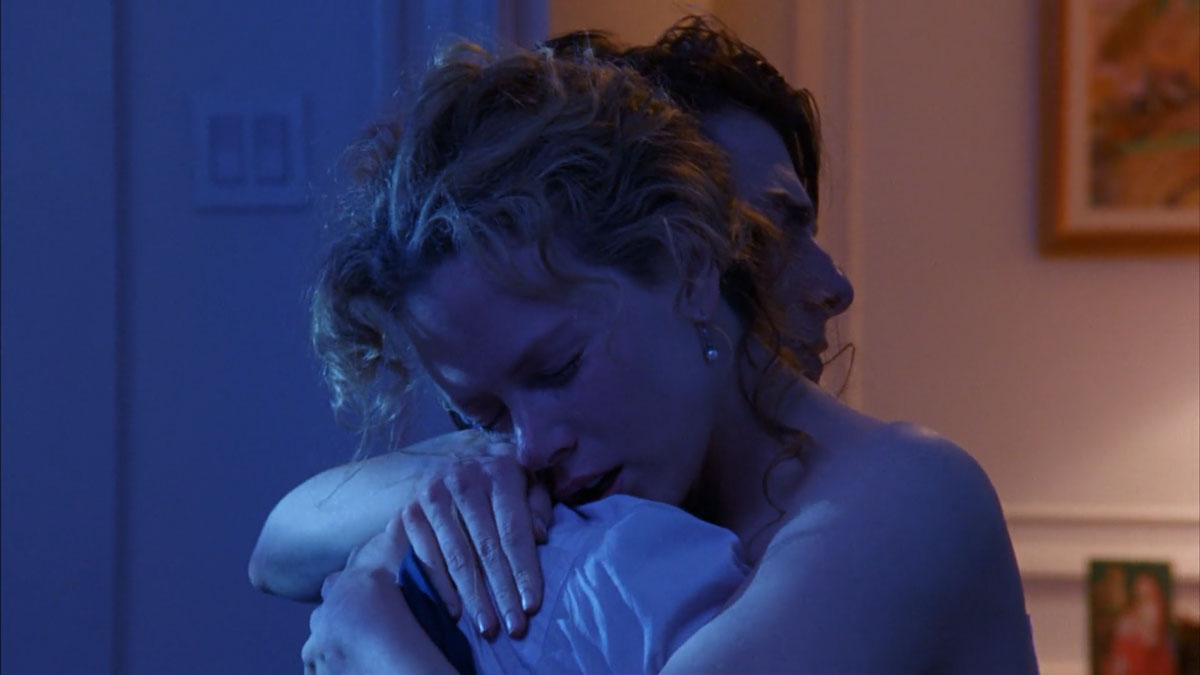
The Sorrow and the Pity (1969) – Review by Andrew Sarris
Marcel Ophüls’s The Sorrow and the Pity runs about four and a half hours . . . but, in terms of moral, intellectual, and emotional absorption, it is one of the shortest movies of the year.

Marcel Ophüls’s The Sorrow and the Pity runs about four and a half hours . . . but, in terms of moral, intellectual, and emotional absorption, it is one of the shortest movies of the year.
Lolita is a film that runs steadily downhill at too slow a pace for a needless two and a half hours.
The great merit of Dr. Strangelove is its bad taste. It is silly to argue that we have the right to say anything we want but that to exercise this right is the height of irresponsibility. Responsible art is dead art, and a sane (no pun intended) film on the bomb would have been a deadly bore.
Only a day before the Nobel Prize in Literature was awarded to Samuel Beckett, I confided to my class in film history that Buster Keaton’s vision of the world was in some ways more profoundly absurdist than Samuel Beckett’s.
The Servant is a genuinely shocking experience for audiences with the imagination to understand the dimensions of the shock. In years to come The Servant may be cited as a prophetic work making the decline and fall of our last cherished illusions about ourselves and our alleged civilization.

Let me report simply that A Clockwork Orange manifests itself on the screen as a painless, bloodless, and ultimately pointless futuristic fantasy.
Once Upon a Time in the West is Sergio Leone’s most American Western, but it is still dominantly and paradoxically European in spirit, at one and the same time Christian and Marxist, despairing and exultant, nihilistic and regenerative.

I kept my eyes wide open all through Eyes Wide Shut and saw more control-freak unreality than visual genius around the edges of the cluttered compositions.
Andrew Sarris famously panned Stanley Kubrick’s 2001: A Space Odyssey, then reversed himself after seeing it under the influence.
by Andrew Sarris I It came over the car radio while I was driving out to wintry, stormy Long Island for the Memorial Day weekend.
I am convinced that The Godfather could have been a more profound film if Coppola had shown more interest (and perhaps more courage) in those sections of the book which treated crime as an extension of capitalism and as the sine qua non of showbiz.
Get the best articles once a week directly to your inbox!